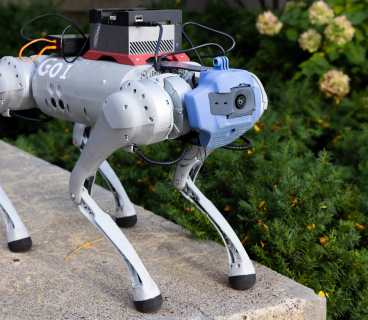Leaked documents obtained by blogger Ed Zitron have revealed new insights into OpenAI’s financial situation, particularly its revenues and computing expenses over the past few years.
These documents shed light on how much OpenAI has paid to Microsoft. According to Zitron’s report, Microsoft received $493.8 million from OpenAI as revenue share in 2024. In the first three quarters of 2025, this figure sharply increased to $865.8 million. These payments are part of a deal in which Microsoft invested over $13 billion in the AI startup. Under this agreement, OpenAI is assumed to share 20% of its revenue with Microsoft (although this percentage has not been officially confirmed).
The situation is somewhat more complex, however. Microsoft, in turn, returns roughly 20% of the revenue it earns from services using OpenAI models, such as Bing and Azure OpenAI Service, back to OpenAI. The leaked figures represent Microsoft’s net revenue share, meaning any amounts Microsoft returned to OpenAI have already been deducted. Based on this 20% revenue split, OpenAI’s revenue can be estimated at at least $2.5 billion in 2024 and $4.33 billion in the first three quarters of 2025.
These estimates align with previous reports by The Information, which reported around $4 billion in revenue for 2024. The most striking aspect revealed by the documents, however, is the expenses. According to Zitron’s analysis, OpenAI spent approximately $3.8 billion on running its models (“inference”) in 2024. In the first nine months of 2025, this cost rose to $8.65 billion. Inference refers to the computational power used by a pre-trained AI model to respond to user queries.
Sources indicate that the initial training costs of the models were mostly covered by credits provided by Microsoft, while these inference costs are largely paid in cash.
Although these numbers do not present a complete picture, they suggest a critical possibility: OpenAI may be spending more on operating its models than it earns in revenue. If the market leader OpenAI is still running its models at a loss, this raises serious questions about the sustainability of other investments and high valuations in the AI industry. OpenAI and Microsoft have declined to comment on the leaked documents.







